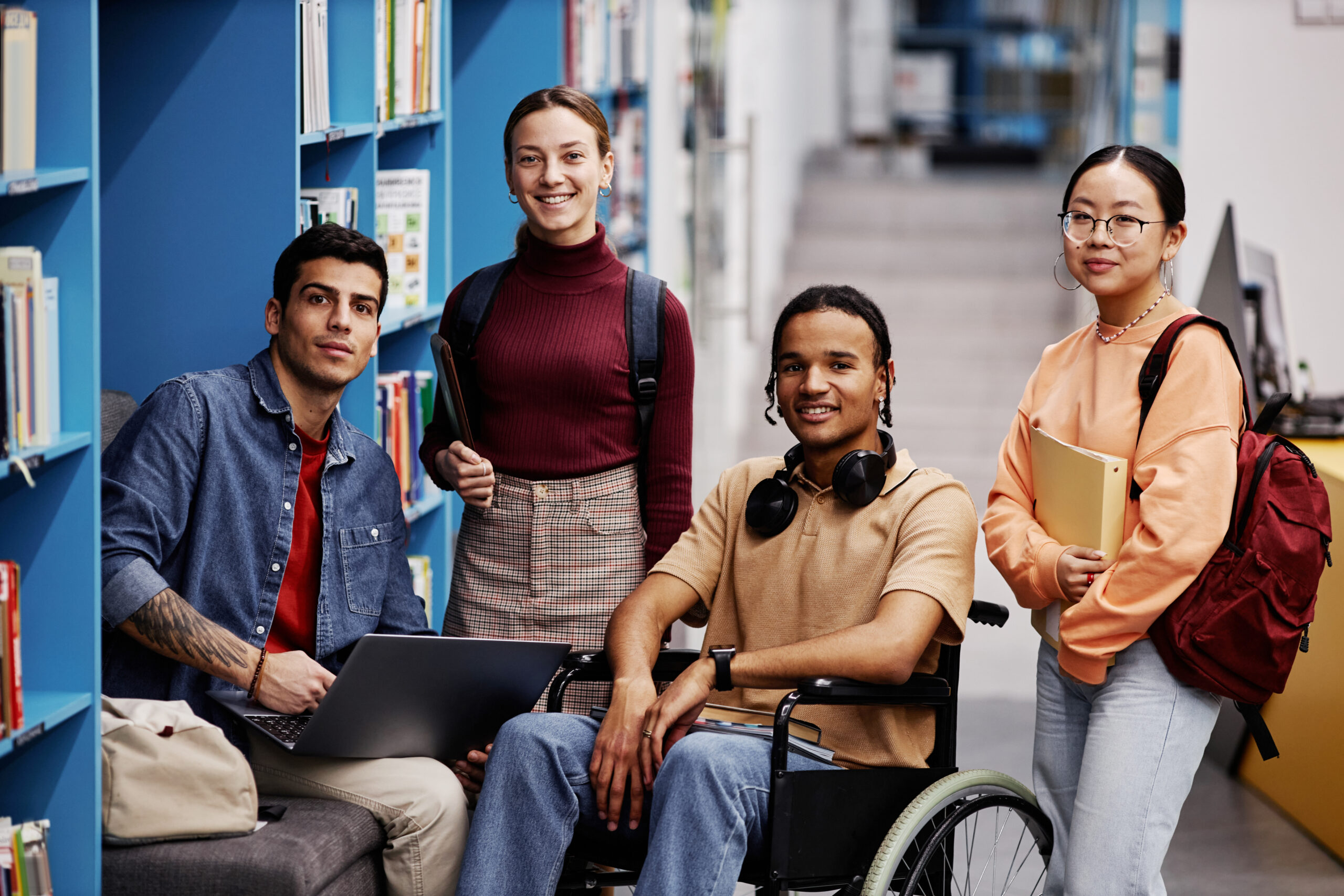Stories
Anonymous
Student at University and College, 2024
Challenges in the educational journey
I have encountered significant challenges related to accommodations and inclusion on my educational journey. One significant struggle was securing proper accommodations. During my undergraduate years in a STEM field, professors often neglected or poorly executed accommodations, such as providing notes. I recall a professor who initially refused to provide notes ahead of time, insisting on in-class note-taking. When he eventually relented, he provided scanned notes with scribbled handwriting, which I was expected to pick up from his office every week. This ordeal made me feel embarrassed and eventually led me to stop seeking the accommodation altogether. Transitioning to a liberal arts and social science program in college brought a completely different dynamic, with a more empathetic and understanding atmosphere compared to the harsh realities of STEM fields. This shift highlighted the contrasting levels of ableism and discrimination across disciplines, emphasizing the importance of fostering inclusivity, especially in STEM education.
Access to digital learning resources
In my current college online program, accessibility is prioritized, making it overall a positive experience. The design philosophy focuses on accessibility, extending to extracurricular activities and groups, such as student groups, which tend to be more online and accessible. While there are occasional exceptions, the majority of resources are accessible online. Comparing this to my university experience in a hard science program, finding digital learning resources or online educational websites was primarily my responsibility. The STEM environment was more traditional, relying heavily on pen and paper notetaking, and any online resources were usually those personally found by the professors.
Attitudes and societal perceptions
University settings are engrained in academia culture, where societal perceptions about disabilities significantly shape the educational environment. Peers and professors openly made derogatory remarks about people with disabilities, which created a hostile environment. I even encountered direct inquiries into my competence and qualifications solely based on my disability status. Despite research demonstrating the academic potential of disabled students, narrow definitions of success prevail, excluding those who don't fit traditional molds. In terms of navigating experiences with peers regarding my disability, I've adopted a cautious approach influenced by professional advice, which warned against potential negative shifts in perception if my disability were disclosed. This reflects a delicate balance between privacy and connection, with a noticeable generational gap in attitudes towards disclosure. Despite progress, there still remains an underlying sense of hesitation.
Effectiveness of support systems
Throughout my educational journey, accessing support services and accommodations has been crucial. While fortunate to work with passionate counselors in accessibility services, the overall culture of support within universities and colleges is often ineffective due to standardized solutions and narrow definitions of accommodations. Despite some effective support systems like publicized student groups promoting inclusivity, challenges persist due to insufficient resources and high demand, leading to inefficiencies. Reflecting on my experiences, I've encountered universities with reputations for being less accommodating to students with disabilities, prioritizing legal concerns over student well-being. This environment sometimes makes it challenging to advocate for necessary accommodations. It remains crucial to continue advocating for inclusive practices and holding institutions accountable for their actions, striving to create a more supportive and accessible educational environment for all.
Suggestions for institutional support
To better support accessibility needs of students, institutions need to stop viewing us as a potential liability and instead embrace the responsibility of creating a truly accessible campus. They should enforce and follow through with accessibility measures. While some institutions are trying systemic change is crucial. Redesigning courses for accessibility can benefit everyone, improve the institution's reputation, and ensure long-term financial gains. It's not a difficult task; it requires willingness and commitment to make a positive change.
Student transitions
As I'm still in post-secondary education, I haven't yet transitioned to the workforce. However, based on my experience in a summer program with an agency dedicated to supporting disabled individuals in job hunting, I believe specialized support services are crucial. These include employment specialists, interview training, and advocacy for accommodations. More programs and agencies like this are needed to assist disabled individuals in navigating the workforce effectively.
